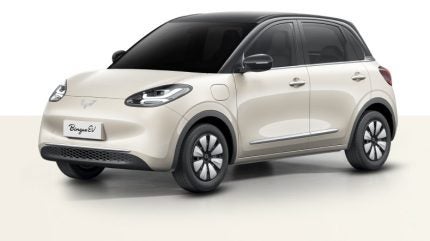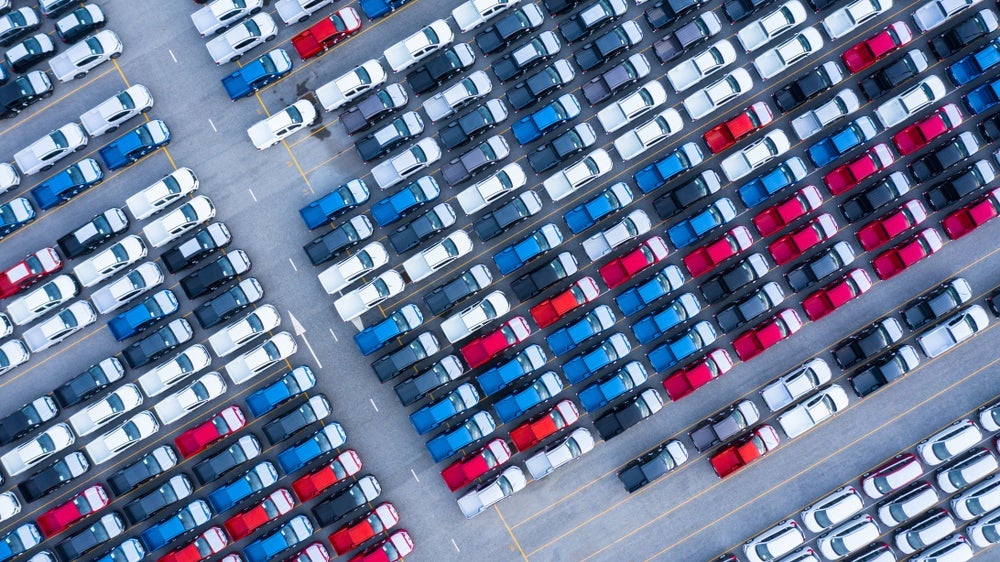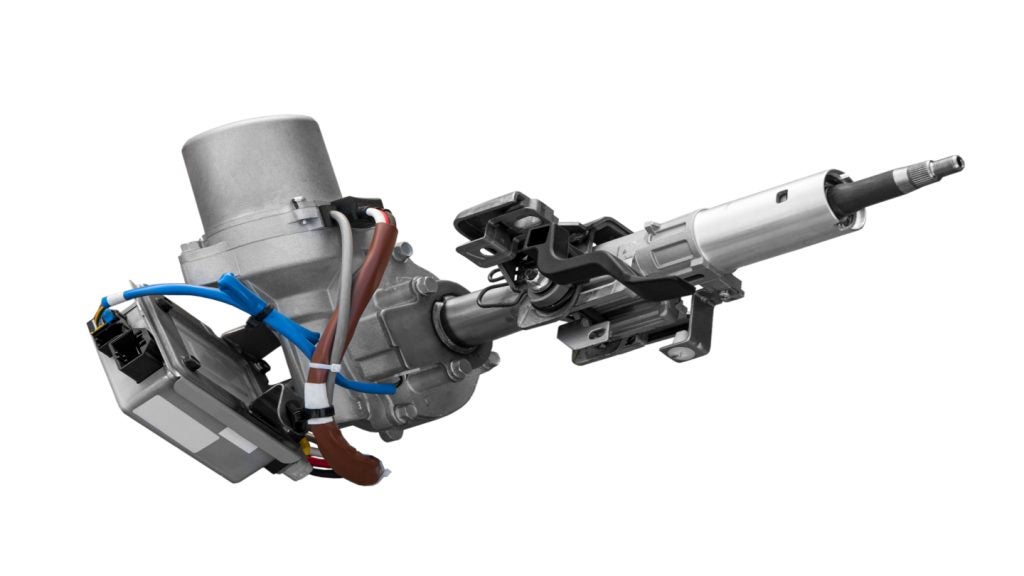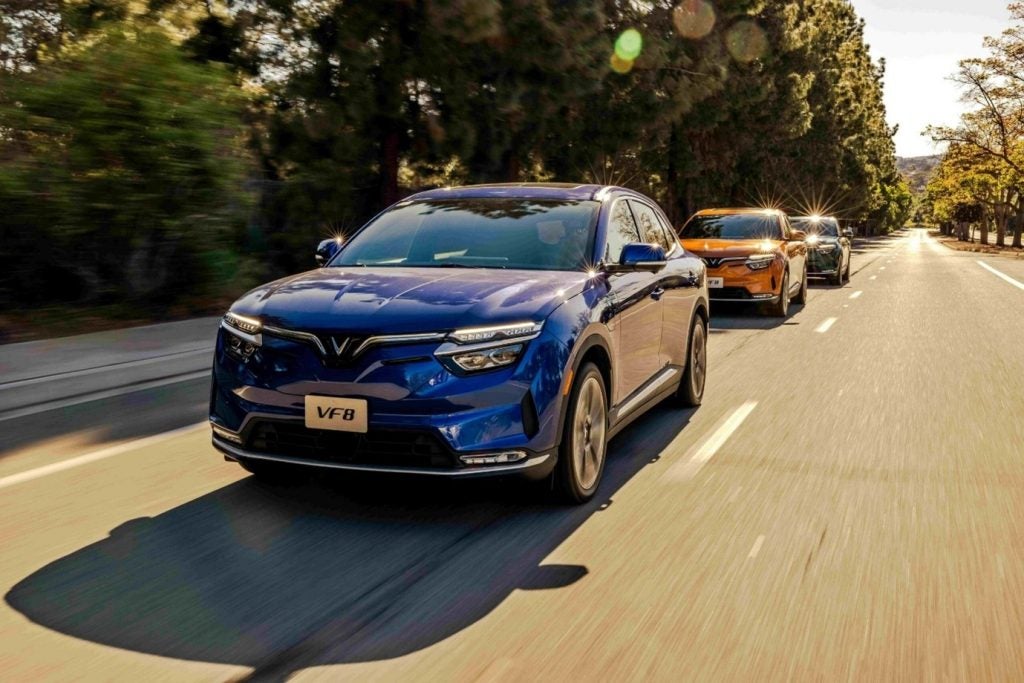
New vehicle sales in Indonesia fell 17% to 48,637 units in April 2024 from 58,911 units a year earlier, according to member wholesale data compiled by local automotive industry association Gaikindo.
The market had been in decline for almost a year, after rebounding strongly in the previous two years from the pandemic lows, with last month’s fall coming against already weak year earlier volume when sales plunged by 29%.
Bank Indonesia continued to hike its benchmark interest rate at its April meeting, by 25 basis points to 6.25%, up from 3.5% two years ago. The central bank said higher interest rates were needed to support a weakening rupiah even though this would further dampen consumer demand for large purchases.
Economic growth came in at just over 5% in the first quarter of 2024 with household spending picking up ahead of the annual Eid celebrations while government spending surged ahead of the February general election.
Vehicle sales in the first four months of the year fell by 23% to 263,706 from 341,311 units in the same period of last year with sales of passenger vehicles falling by 19% to 207,328 units while commercial vehicle sales plunged 33% to 56,378.
Toyota sales fell 25% to 80,856 units year to date (YTD) while Daihatsu deliveries were down by 15% at 55,484 units, Honda 32,677 units (-37%), Mitsubishi 23,115 (-18%) and Suzuki 22,787 units (-16%).
How well do you really know your competitors?
Access the most comprehensive Company Profiles on the market, powered by GlobalData. Save hours of research. Gain competitive edge.

Thank you!
Your download email will arrive shortly
Not ready to buy yet? Download a free sample
We are confident about the unique quality of our Company Profiles. However, we want you to make the most beneficial decision for your business, so we offer a free sample that you can download by submitting the below form
By GlobalDataOverall vehicle production fell 21% to 367,802 units YTD while exports of assembled vehicles dropped 16% to 138,778 units.
The Indonesian government this month said it was targeting 50,000 battery electric vehicle (BEV) sales in 2024 despite volume amounting to just 7,750 units in the first four months of the year. At the beginning of the year, it extended the sales tax discount (from 11% to 1%) on BEVs with a minimum 40% local content until the end of 2024 to stimulate demand and help attract inward investment. It also suspended import duties on BEVs until the end of 2025 for companies investing in local production.
Chinese brands increasingly dominate this segment with low cost models. The best seller is the 38kWh Wuling Binguo small car, priced from IDR317m (US$19,950), with 3,513 deliveries YTD or almost half the industry total. Other key players include Chery with the Omoda E5, Hyundai with the Ioniq 5 and SAIC Motor with the MG ZS EV.
China’s BYD and Vietnam’s VinFast have also launched local sales operations in the country and have pledged to invest in local factories. Hyundai also said it would produce a smaller BEV model later this year powered by batteries produced at its local joint venture plant with LG Energy Solution.






